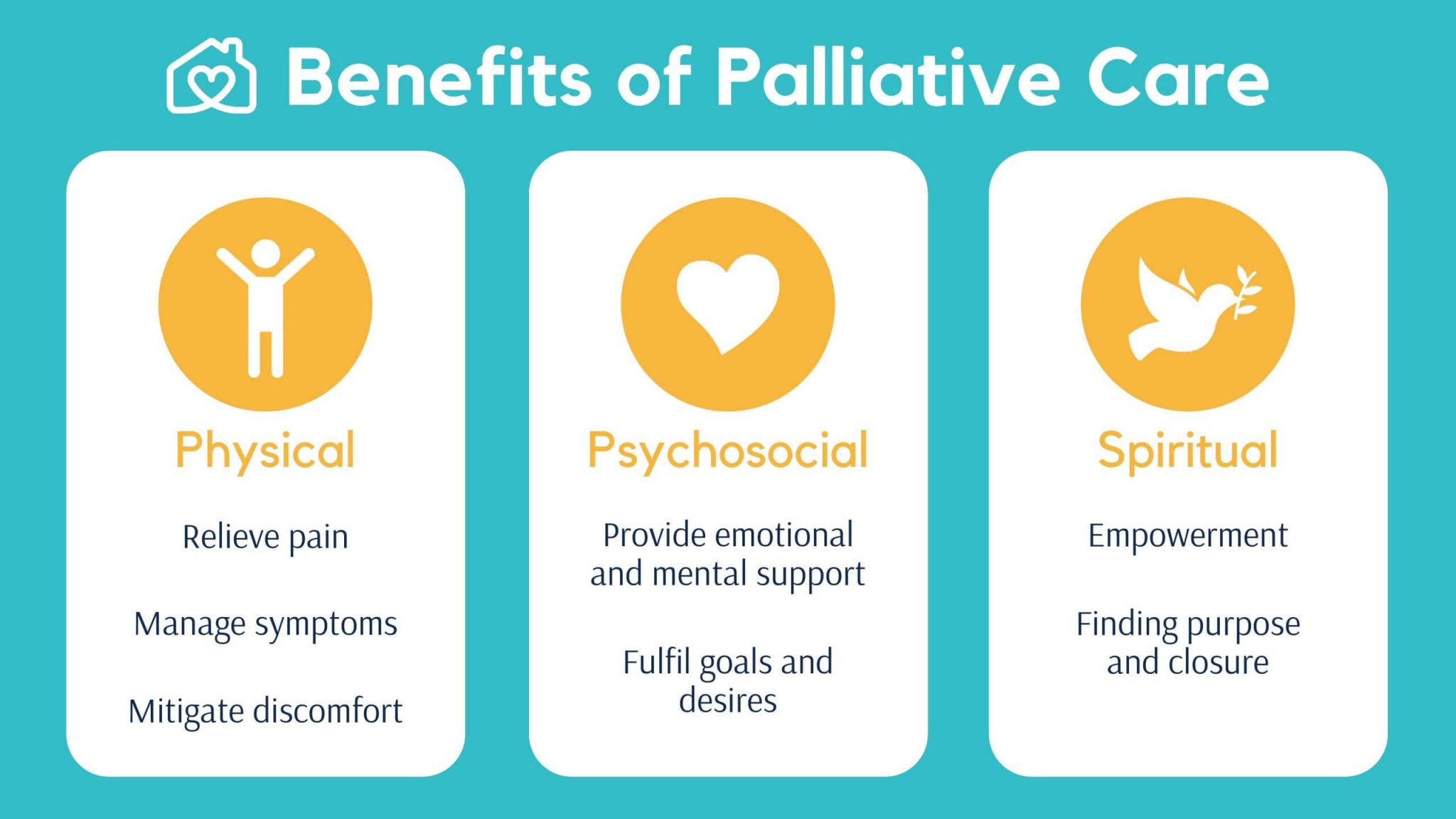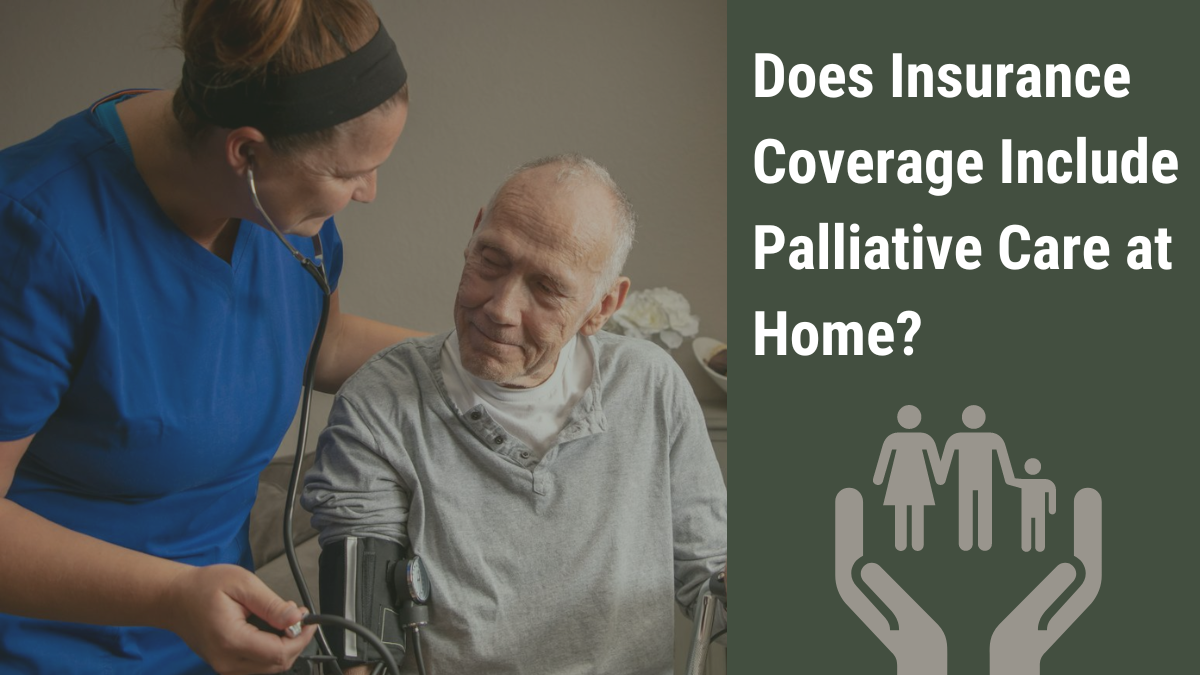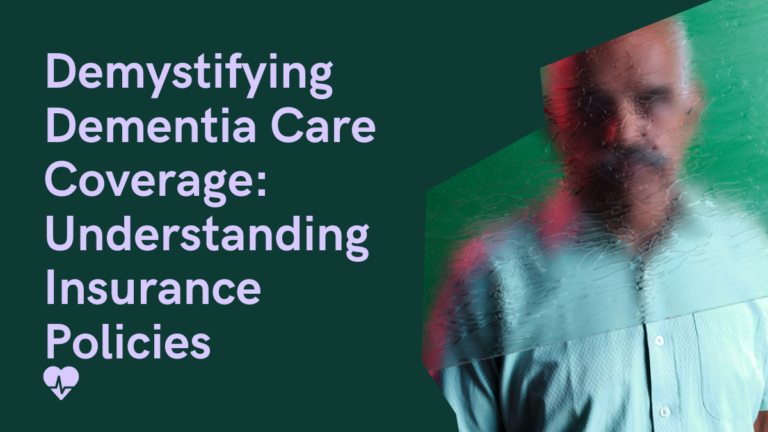Understanding the Coverage: Does Insurance Include Palliative Care at Home?

Welcome to our latest blog post where we uncover a topic that often remains shrouded in confusion: Palliative care at home and its coverage under insurance. As the demand for personalized end-of-life comfort grows, it’s crucial to understand how insurance plays a role in accessing these invaluable services. Join us as we delve deep into the world of care and discover whether your insurance plan has got you covered when it comes to receiving compassionate, holistic support right in the comfort of your own home. Get ready to unravel this mystifying maze together!
Table of Contents
What is Palliative Care?
Since hospice and palliative care services are not always covered by insurance, it is important to know what the coverage is in order to make an informed decision about whether or not to seek out those services. Home health care may be a good option for some people with chronic illnesses who are nearing the end of their lives.
There are many benefits to home health care, including that it can be personalized to meet the needs of each individual patient. Care, which includes providing emotional and spiritual support as well as pain relief, can be particularly effective for those who are facing a life-limiting illness.
Many physicians now offer palliative care as part of their overall doctorate of medicine or osteopathic practice. If you are considering whether or not home care is right for you, be sure to speak with your physician about your insurance coverage and what options may be available to you.

What is Included in Palliative Care?
It is a type of health care service that helps people with advanced diseases and disorders to live as comfortably and safely as possible. It can help with symptoms such as pain, anxiety, depression, and poor sleep.
Most insurance policies do not cover care at home. However, some plans may include limited coverage for things like home visits from healthcare professionals, prescription medications, and hospice services.
In general, palliative care includes:
- Providing emotional and psychological support
- Helping patients and their families cope with the disease and its effects
- Providing treatments that make patients as comfortable as possible, including pain relief, relaxation techniques, and stimulation
- Monitoring the patient’s progress and adjusting treatment as needed
What are the Costs of Palliative Care?
When you are facing a life-threatening illness, your doctor may advise that you seek out palliative care at home. Palliative care is an umbrella term that refers to a range of treatments and services designed to provide comfort and relief from symptoms for people with serious illnesses.
There are many different costs associated with palliative care, but the average cost varies greatly depending on the location and type of service provided. Here is a breakdown of some of the important costs:
- Home health aides or nurses
Home health aides or nurses typically provide basic assistance such as bathing, dressing, cleaning.
- Companion animals
Companion animals can be helpful in providing emotional support for people who are undergoing treatment. Additionally, they may be able to assist with tasks such as taking medications.
- Nursing home costs
While not every person requiring palliative care will require admission to a nursing home, these facilities can be very expensive. In fact, one study found that the median annualized cost of home-based hospice care was $53,000 more than nursing facility care.
- Transportation
Patients often need help getting around town due to their condition or medication requirements. This can add up quickly, especially if caregivers must also take time off work to accompany their loved one to various appointments.
Does Insurance Cover Palliative Care at Home?
It can be hard to know whether your insurance policy includes coverage for palliative care at home. Coverage can vary drastically from company to company, and there are no clear answers regarding exactly what is covered. Typically, however, insurers will cover home care services as long as they’re prescribed by a doctor and administered by a professional in the field.
Some limitations may apply. For example, some policies may not cover services provided outside of the home, or they might only cover a limited number of treatments or medications. In addition, certain services – such as hospice care – may be considered more comprehensive than others and might therefore be on par with traditional medical treatment options. They should be able to provide you with more specific information about their coverage policies.
Conclusion
It is an important aspect of end-of-life care. Seniors who receive this care from a doctor or specialist tend to experience less pain, faster recovery from illness, and longer lives. Unfortunately, most people don’t have access to palliative care when they need it. According to the National Hospice and Palliative Care Organization, only about one in five American seniors receive hospice care at home (though that number is expected to increase).
If you’re considering using insurance as a way to pay for palliative care, be sure to ask your provider what coverage is available. Many insurers now include coverage for medical services related to end-of-life care, including hospice care. Your provider may also be able to provide you with information about programs in your area that offer free or low-cost hospice or palliative care services.






